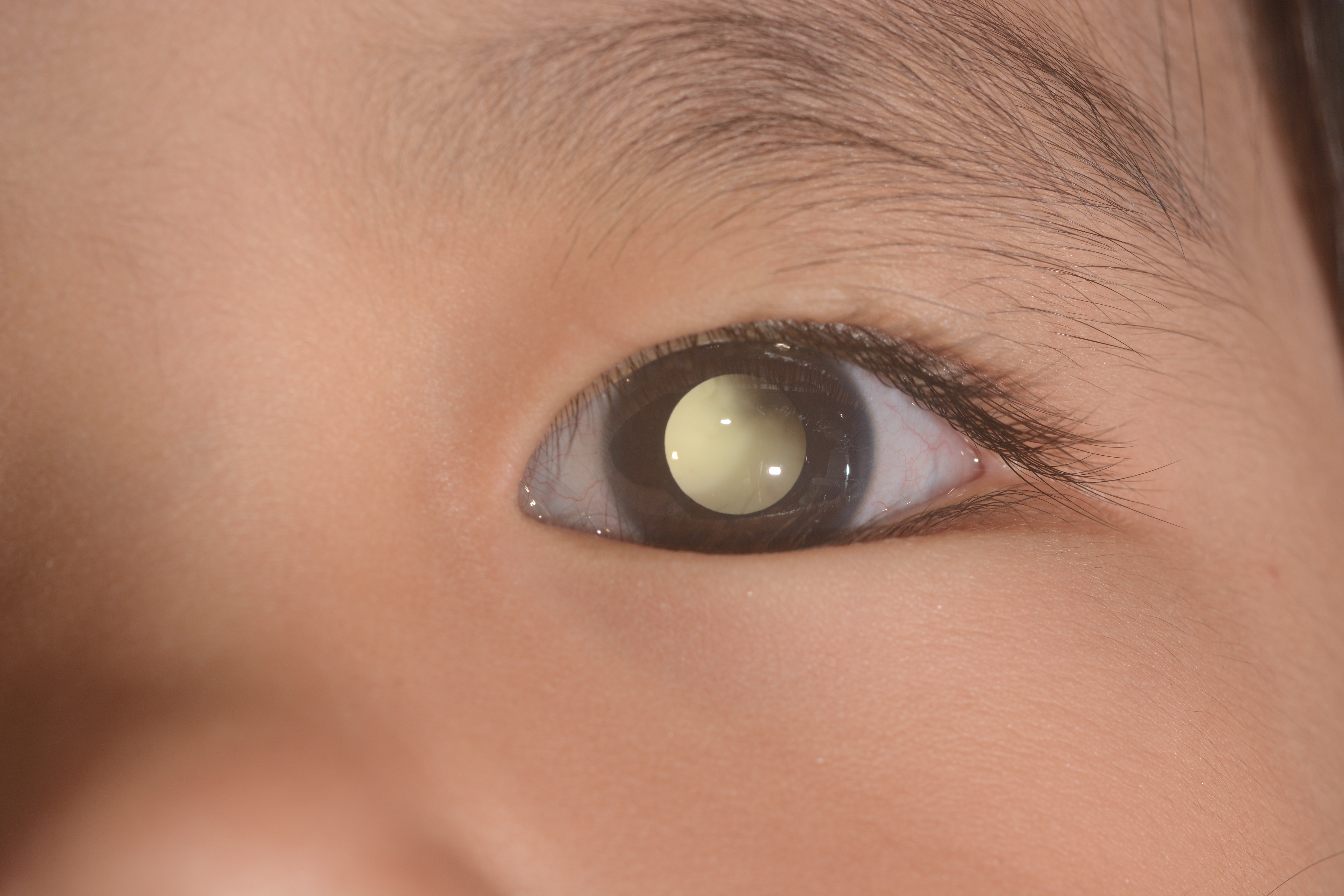Contents:
- Medical Video: I TRIED ASMR... Eating Raw Honeycomb with Life With Mak
- Nutrition for children with asthma
- 1. Plant foods
- 2. Fish
- 3. Fiber
- Foods that need to be avoided for children with asthma
Medical Video: I TRIED ASMR... Eating Raw Honeycomb with Life With Mak
Although the relationship between nutrition and asthma is still being developed, there is little opinion that a diet or a healthy diet can help reduce asthma symptoms. Actually there is no specific diet (diet) recommended for children with asthma. However, the Mediterranean diet (a diet low in saturated fat, rich in vegetables and fruits, and high in fiber) has been associated with a reduction in asthma symptoms. Understanding good nutrition and the effect of nutrition for children with asthma can be an important part of managing asthma. Here is a list of important nutrients for children with asthma.
Nutrition for children with asthma
1. Plant foods
According to a 2010 study, eating lots of fruits and vegetables was associated with better respiratory health and decreased asthma symptoms in children. In addition, antioxidants and other nutrients in fresh fruits and vegetables have a good impact on lung function.
Nuts and seeds also contain lots of flavonoids and other compounds with antioxidant effects that help fight inflammation, which can improve respiratory health.
An in-depth study Journal of Allergy and Clinical Immunology report that women with asthma who consume foods with higher beta-carotene content can reduce asthma symptoms. Foods containing beta-carotene include carrots, watermelon, sweet potatoes, green vegetables, broccoli, and spinach.
According to the deep reviewNutrition Journal, apples and pears can also reduce the risk of asthma by reducing the possibility of bronchial narrowing.
Separate research in European Respiratory Journal report that bananas can reduce wheezing because of asthma in children. Experts believe that bananas can be beneficial for children with asthma thanks to the antioxidant and potassium content that is good for the lungs.
2. Fish
Fish can be a good source of omega-3 fatty acids and is considered part of a healthy diet. Generally, fish provide many vitamins and minerals needed by children, which are considered to have a positive effect on disorders of inflammation and lung function.
A study onAmerican Journal of Epidemiology reported that 11-19 year olds who had low magnesium levels also had low lung flow and volume. By eating fish, especially salmon, magnesium levels in children can increase.
3. Fiber
A 2016 study reported that fiber deficiency can interfere with lung function. Meanwhile, a fiber-rich diet can maintain healthy lung function.
Fiber has anti-inflammatory properties and can help prevent allergic diseases such as asthma. Fibrous eating also contains prebiotics, which are nutrients that help or increase the growth of good bacteria in the intestine, some of which can help fight inflammation.
Therefore, grains such as brown rice and nuts are recommended as part of a healthy diet for children with asthma.
Foods that need to be avoided for children with asthma
Some foods that can trigger asthma symptoms so that should be avoided include:
- Sulfite is a type of preservative that can trigger an asthma attack. Sulfite is found in grapes, dried fruits, pickles, shrimp, lemons, and lemon juice.
- Foods that can cause gas so that it can put pressure on the diaphragm, especially if your child has stomach acid. This can cause chest tightness and trigger asthma. These foods include beans, cabbage, soft drinks, garlic, and fried foods.
- Although rare, some children with asthma may be sensitive to salicylates found in coffee, tea, and some herbs and spices.
- Additives such as preservatives, flavorings and chemical dyes are often found in processed and fast food. Some children with asthma may be sensitive or allergic to these substances.
- Children with food allergies may also have asthma. Dairy products, shellfish, wheat, and nuts are some of the most common types of allergens.












